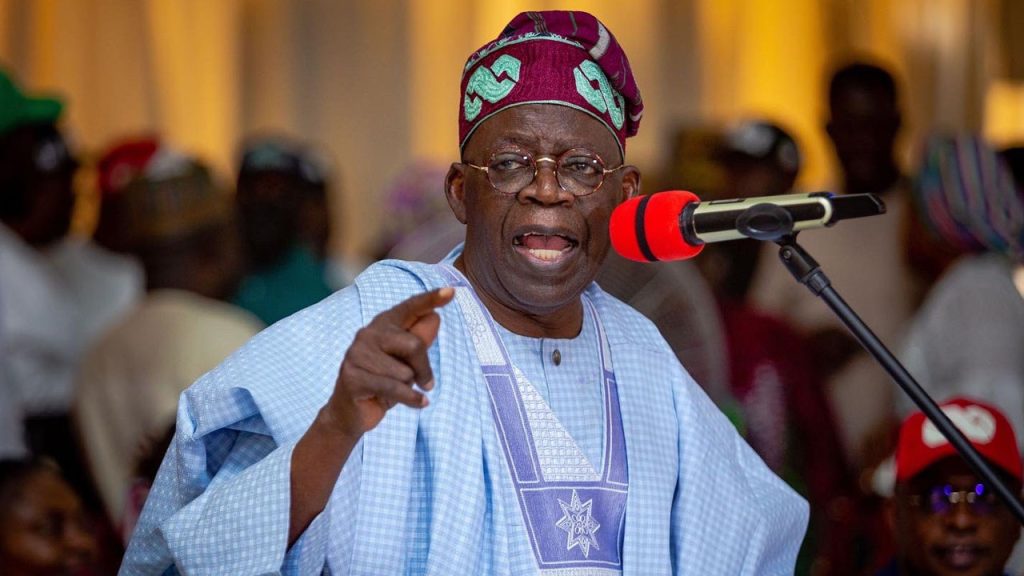Power supply has long been a cornerstone of Nigeria’s economic challenges, and as President Bola Tinubu marks his first year in office, it is essential to assess his administration’s impact on the energy sector, a critical aspect of Nigeria’s development.
The president’s campaign promises included tackling the nation’s perennial power challenges, an issue that has plagued Nigeria for decades.
Over the past year, President Tinubu has implemented several strategic initiatives aimed at improving power supply. His administration has focused on a multi-faceted approach encompassing increased power generation, infrastructure enhancement, and regulatory reforms.
The Tinubu administration has taken steps to increase power generation and transmission capacity. The completion of several stalled power projects, such as the Zungeru Hydroelectric Power Plant and the Abuja Power Plant, has added significant megawatts to the national grid. Also, the government’s efforts to address the lingering issues of gas supply and payment disputes with power generators have contributed to a relatively more stable power supply in recent months.
Significant investments have been made in upgrading the national grid to reduce transmission losses. Projects to improve the reliability of power distribution networks have been initiated, aiming to address the inefficiencies that cause frequent blackouts.
Also, the administration has done well in recognising the limitations of public sector efforts, so has actively sought to attract private sector investments. This includes creating a more favorable regulatory environment and offering incentives for private companies to participate in power generation and distribution.
The government has taken steps to reform the regulatory framework governing the power sector. Efforts to streamline the Nigerian Electricity Regulatory Commission (NERC) and enhance its capacity for oversight and enforcement have been central to these reforms.
There has been a noticeable push towards renewable energy, with several solar power projects being launched. This shift aims to create a more sustainable and environmentally friendly energy mix, reducing dependence on fossil fuels.
There has been a quantifiable increase in power generation capacity, which is a positive development. The integration of new plants and the rehabilitation of old ones have added valuable megawatts to the national grid.
The efforts to reduce transmission losses and upgrade the distribution network have begun to yield results, although progress is incremental.
By fostering a more favorable environment for private investment, the government has laid the groundwork for long-term improvements in the sector.
However, despite the progress, many Nigerians continue to experience frequent power outages. This highlights the ongoing infrastructural and operational challenges that need to be addressed.
President Bola Ahmed Tinubu’s first year in office has seen meaningful steps toward improving Nigeria’s power supply. The initiatives undertaken reflect a serious commitment to addressing the nation’s long-standing energy issues. The improvements are foundational, setting the stage for future growth and stability.
The administration must continue to build on its initial successes, addressing remaining challenges with innovative solutions and sustained effort. Only then can Nigerians hope to see a fully transformed energy sector that meets the needs of all.
